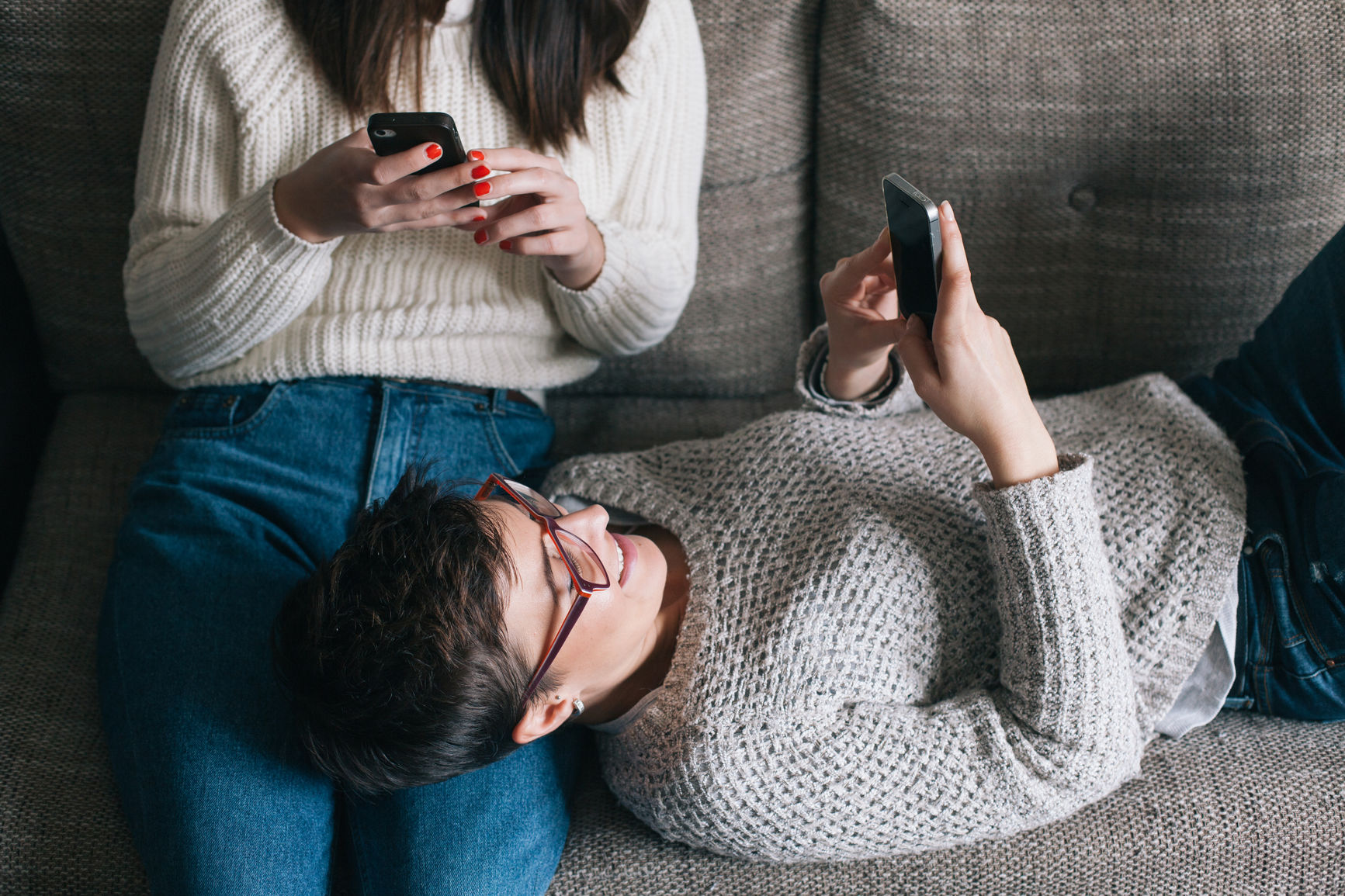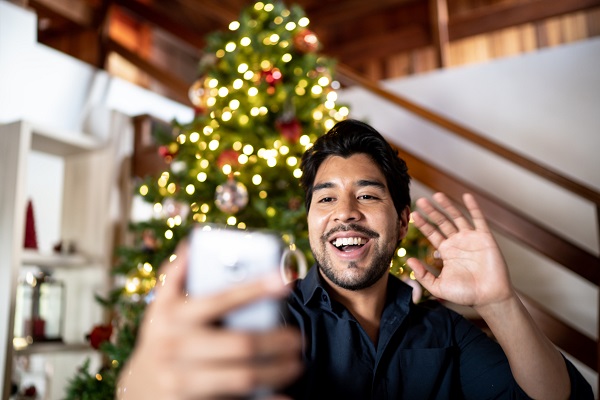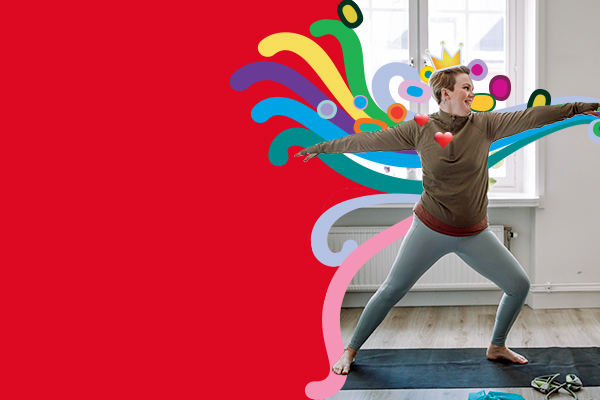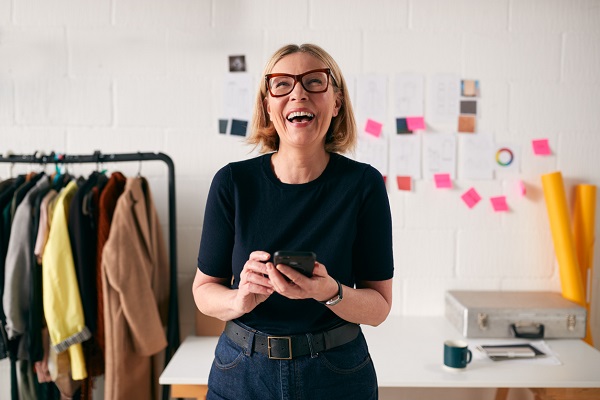-
While today’s technology has given us ways of communicating like we never have before, it can sometimes feel like we’re more connected to our phones than to each other. If you’ve been mid-conversation with a friend or partner only to find yourself talking to the top of their head, you could be a victim of phone-snubbing, or ‘phubbing’.
On the flipside, if you find it difficult to resist the urge to read a new message or check the latest snaps while you socialise in person, you could be falling into the ‘phubbing’ habit too. Either way, experts are saying it can affect your relationships.
What is ‘phubbing’?
If you’re snubbing someone you’re talking to in order to look at your phone instead, it’s called phubbing. We’ve all done it, and chances are you can think of a few friends who always seem to be on their phones, texting while you’re talking.
It seems the more that smartphone technology develops, the more we can’t put them down. A recent study by Deloitte found that Australians are accessing content via mobile phones everywhere they go, at all times of the day. More than a third of us reach for our mobiles within five minutes of waking up, and 70% admit to using phones during meals with family and friends.
We’re checking emails, social media and instant messaging more than anything else. It seems we can’t resist the need to stay connected at all times, even if that’s when someone else is talking. Clinical psychologist Emily Toner puts this down to a phenomenon known as “intermittent positive reinforcement”. She explains, “You check your phone and there is nothing there, you check it again and nothing, then the third time you check there is a ‘like’ or an email, or a message, and this is when you get the hit. A literal dopamine hit in the nucleus accumbens of the brain —the same part that is activated when you take drugs or gamble. So it’s hard for us to disengage because we are literally addicted to engaging with our device.”
READ MORE: How dating apps can hurt your mental health
Is phubbing really that bad?
According to Emily, the effects of mobile phone use and phubbing on relationships shows that it can be a real buzz kill.
“Smartphone use has a seriously detrimental effect on our important relationships, as well as a negative impact on our relationship with ourselves… what we know now is that we also tend to devalue ourselves when someone isn’t paying attention to us. The devaluing process goes like this: you first have the thought, ‘what I’m saying is not very interesting…’ followed by the subconscious thought, ‘I must not be a very interesting person.’
We find ourselves using our devices the most around the people we care the most about - leaving us little quality time for moments of real connection - the stuff relationships are built on."
Tips for keeping your phone use in check
To keep your relationships healthy, you’ll want to keep phubbing out of the picture. And that can mean finding ways to use your phone less. Here are Emily’s top tips:
Get picky with notifications.
Use your phone’s settings to select only the notifications you really need, so you are interrupted less often. Do you really need an alert every time you get a new email or a new follower on Instagram? “It might feel uncomfortable initially but after a day or two you really won’t miss them. This creates more space for uninterrupted moments of face-to-face connection throughout your day,”, Emily says.
Get an alarm clock.
Out of sight, out of mind. Emily advises that using something other than your phone to wake you up in the morning means, “your first moments will be filled with connecting with yourself, your partner or kids, instead of the stress of checking emails or scrolling social feeds. Starting your day phone free will set you up to feel good from the get go.”
Mind your manners.
In order to increase the quality of your phone-free face-to-face interactions, Emily says to try practicing a bit of mindfulness in the moment. “Connect to your senses, look into their eyes and notice subtle changes about the person as they speak. A nice little trick is to imagine you are seeing them for the first time, even if it’s your boss you see every day. Pretend every time you meet someone it’s for the first time and enjoy the presence and connection that comes with it.”
READ MORE: 6 apps to help you be generally better at life
Phubbing is just one example of how you could be damaging your relationships as you mindlessly scroll through your feeds. If the struggle is real for you, a bit of common sense and awareness around your phone use might just help you get back on track.
How your phone habits can hurt your relationship

-
How to set up your bedroom for better sleep
The sleep experts share some secrets.
-
5 healthy habits (and how to keep them)
New Year's resolutions are easy to make and hard to keep. Discover how to make healthy habits for 2024.
-
How to feel more connected this festive season
Feeling stressed or lonely this festive season?
-
Life’s a beach
If you want to take it easy at the beach, start by making the trip easier on yourself. Cameron Williams reveals the discoveries that made his time at the beach more enjoyable.
-
Learn how small bursts of movement can have a positive impact on employee wellbeing
-
How to do a digital detox
Reduce screen time with a digital detox, and improve your mental health and wellbeing.
Subscribe to receive the best from Live Better every week. Healthy recipes, exercise tips and activities, offers and promotions – everything to help you eat, move and feel better.
By clicking sign up I understand and agree to Medibank's privacy policy






